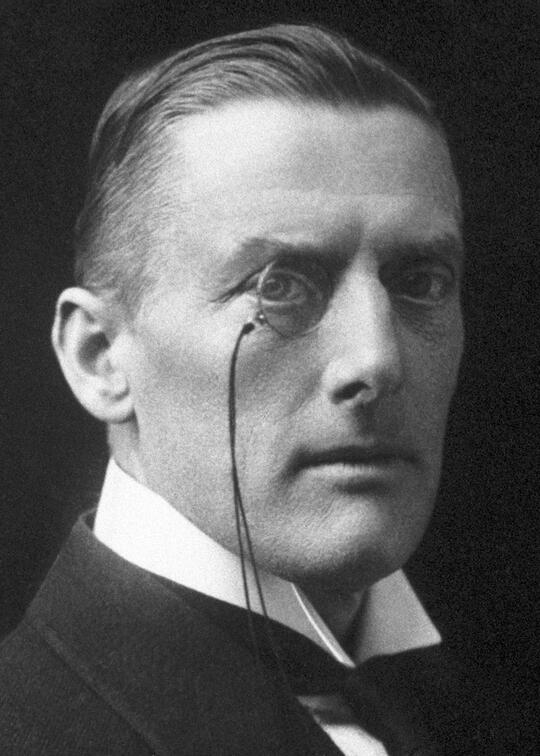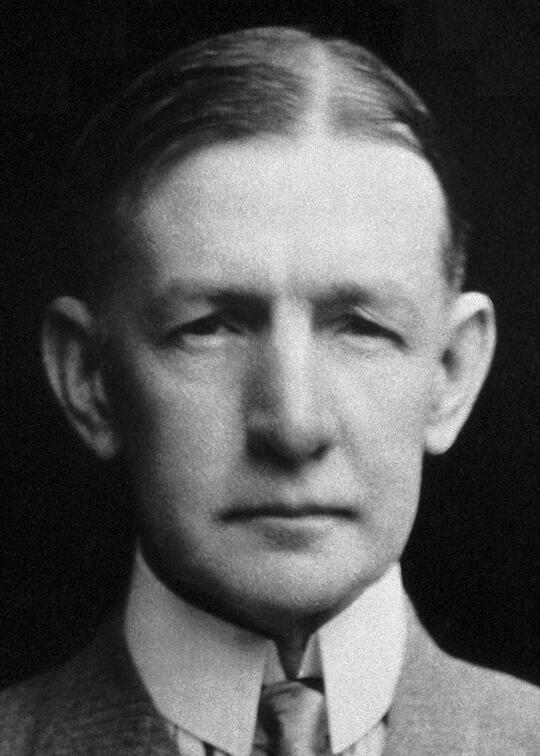1925
Sir Austen Chamberlain
for his crucial role in bringing about the Locarno Treaty
Charles G. Dawes
for his crucial role in bringing about the Dawes Plan

Sir Austen Chamberlain (1863 - 1937)
United Kingdom
For Reconciliation between Germany and France
Austen Chamberlain shared the Peace Prize for 1925 with the American Charles Dawes. They received it in 1926, together with the Laureates for that year, the Frenchman Aristide Briand and the German Gustav Stresemann. The four Prizes were awarded for work aimed at ensuring peace between the arch-rivals Germany and France. Austen Chamberlain grew up in a family of well-known British politicians. His father, Joseph, was a member of several Governments and an eager “empire builder”. His half-brother, Neville, was Prime Minister when Hitler started World War II in 1939. Austen Chamberlain studied in France and Germany before entering politics in the Conservative Party. He joined the Government in World War I, and took part in the peace negotiations at Versailles in 1919. Chamberlain became Foreign Secretary in 1924, and gave Britain's support when the German Foreign Minister Gustav Stresemann initiated negotiations in the Swiss town of Locarno aimed at Franco-German reconciliation.
Charles G. Dawes (1865 - 1951)
USA